Greg Mullins, a firefighter of over 50 years, still chokes up recalling the day two NSW RFS volunteers died fighting one of the fierce bushfires that gave the Black Summer of 2019 - 2020 its name.
Mullins retired from his post as NSW'S longest serving Fire and Rescue Commissioner in 2016, but he was one of the volunteers on the frontline as Australia went up in smoke.
Geoffrey Keaton and Andrew O'Dwyer, two fathers, died on 19 December 2019, battling the Green Wattle fire in the southern highlands. A large tree branch crashed onto their truck causing it to roll near Buxton in Sydney's south west.
Mullins was battling the same fire in a separate location. He told 9news.com.au he remembers the exact moment the call came in.
READ MORE: Blizzards, gale-force winds expected on first day of winter
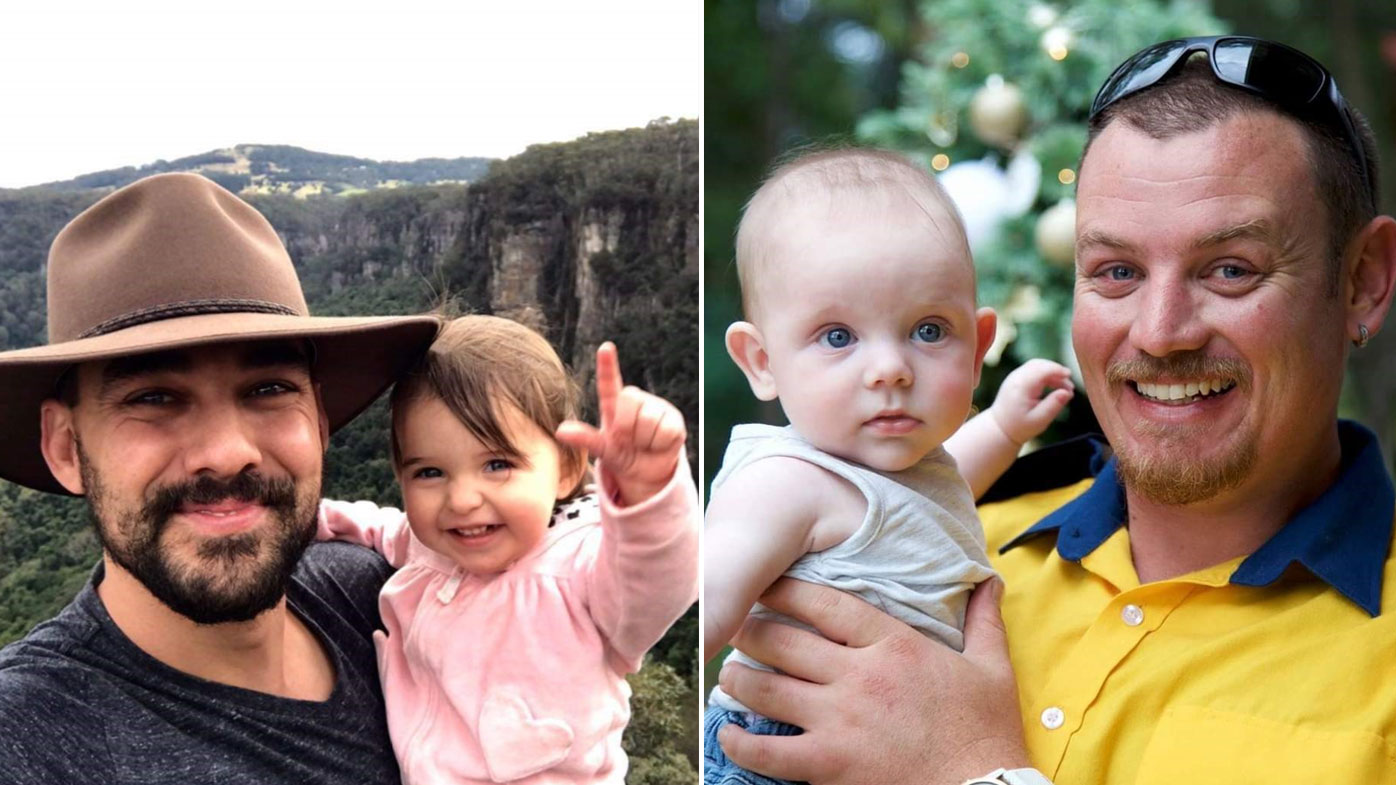
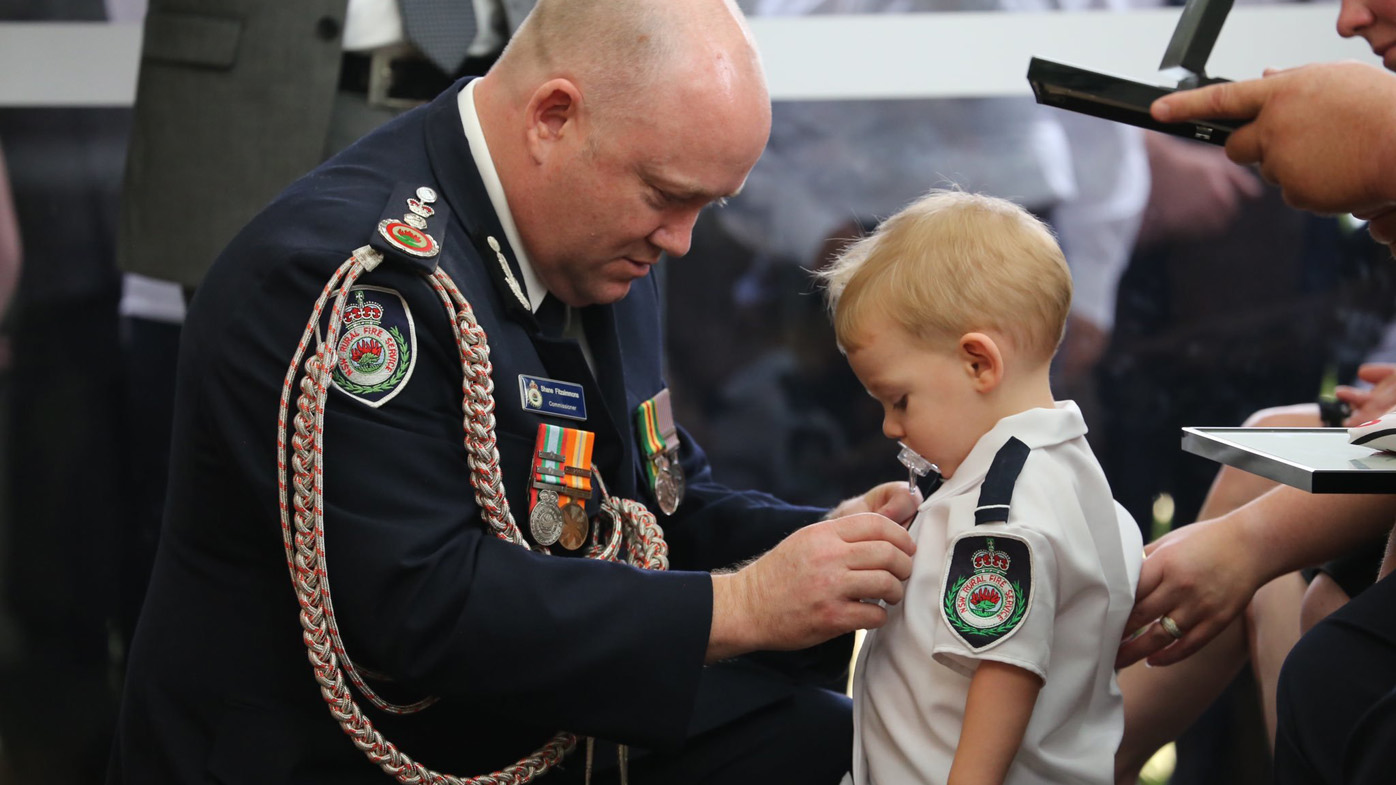
"We had 14 to 15 hours that day and we were on a bus heading back to the northern beaches and all of the phones starting to ping, 'there's been a crash'.
"We thought maybe that's our truck, our mates. It was just devastating," Mullins said, pausing, before adding it's still hard for him to talk about.
The former fire boss and author of Firestorm said for the first time in five decades he was forced to confront the fact he may die on the job.
"These fires were just relentless. It was groundhog day every day for months," he said, adding the fires were a trigger that set back his recovery from Post Traumatic Stress Disorder (PTSD).
"They were so dangerous, so intense and every time you went out you'd think, 'hey I might not come home'."
'Swirling waves of sparks': Inside a fire storm
Two days after Keaton and O'Dwyer died, Mullins found himself battling a different blaze at Blackhealth in the Blue Mountains, west of Sydney.
The 600 hectare "spot fire" from the Gosper's Mountain megafire would put him in the heart of a firestorm.
READ MORE: How to get a free flu shot, state-by-state
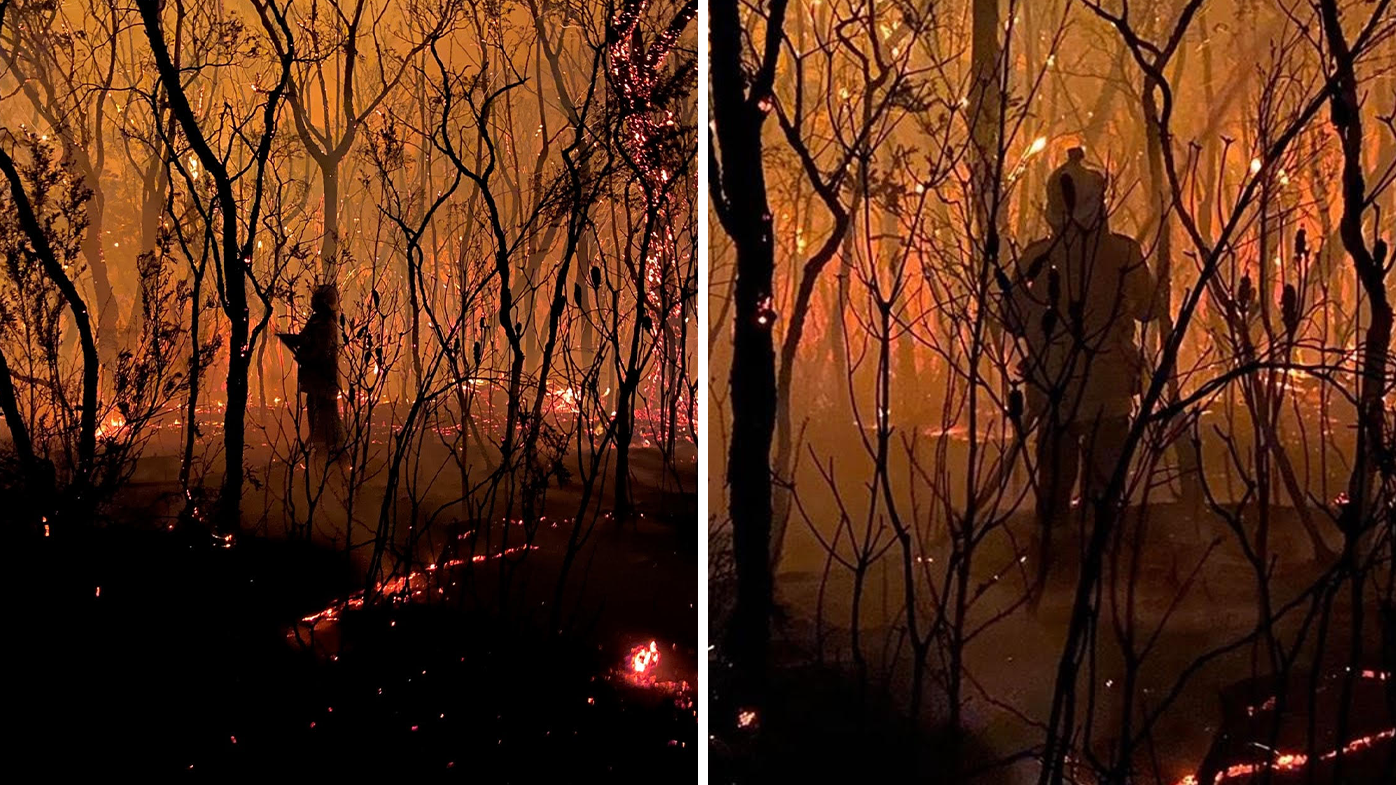
"At midnight we had 50 metre high flames and just multiple houses about to be consumed," he said.
"I've never seen that at night before... it was some of the heaviest firefighting I've ever done and it was at bloody midnight."
Mullins said nothing prepared him for what he encountered in the Blue Mountains.
"The ember storm, during the day you can't really see the sparks, but at night, there were these swirling waves of them," he said.
"I just remember, the visor of my mask it would go black and I couldn't see. I couldn't work it out for a while and then I realised, the water from the hose, extinguished the sparks and they were turning to black mud.
"During the day, we were looking north and we could see the fire at Bilpin and a fire-generated storm formed above it and we could see the storm cloud.
"We were surrounded by big fires...it was a different animal."
READ MORE: Tremors felt after 3-magnitude earthquake in south-east Queensland
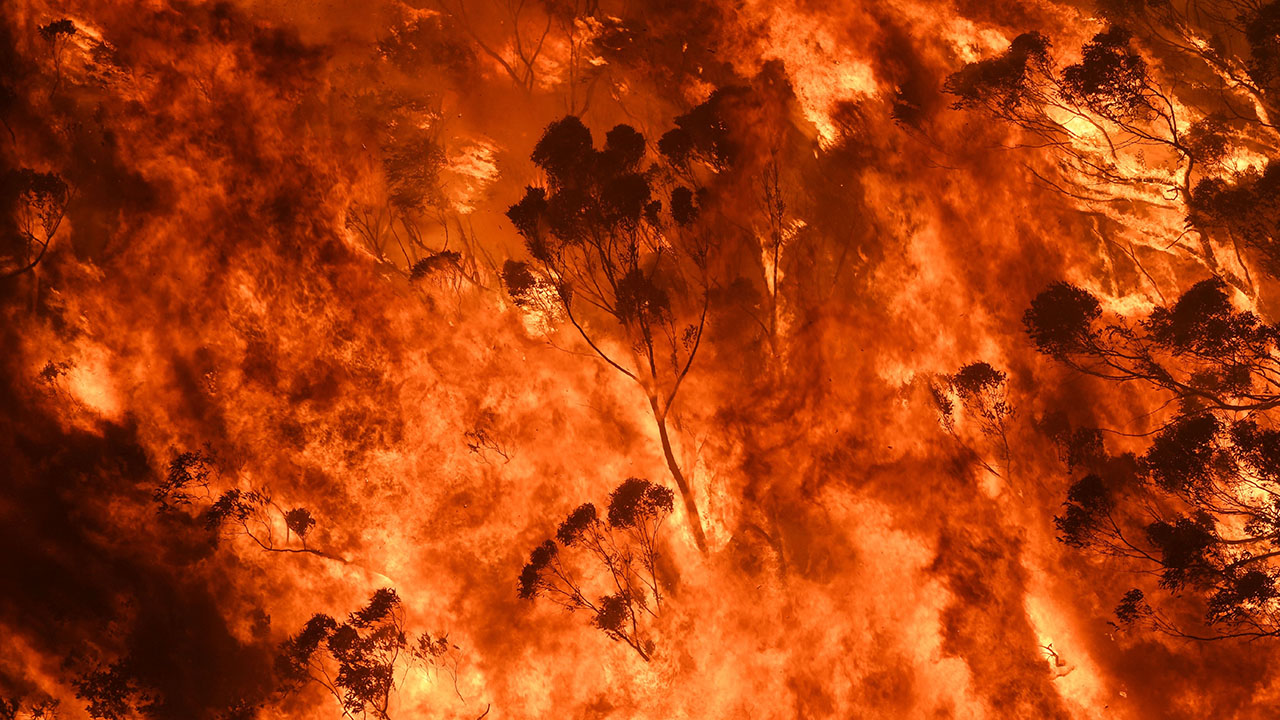
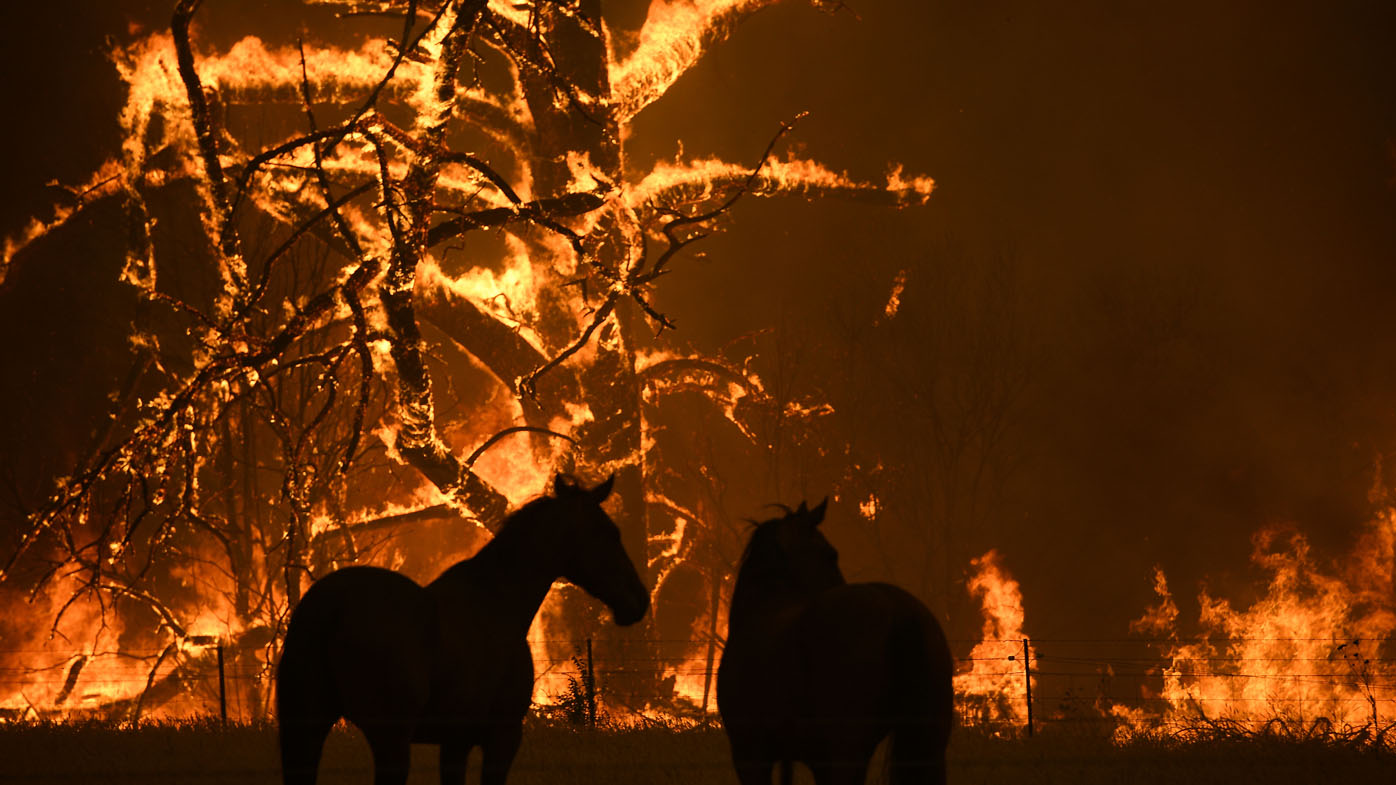
Mullins' shift lasted a total of 16 hours. Relief came in the form of a shift change, but when he got home a new threat emerged.
Temperatures that day neared 50C in Penrith and under the weight of specialised "structural firefighting gear", complete with breathing apparatus, Mullins "ended up in bed for three days with dehydration".
"We were roasting," he said.
"It was a hot night and we were literally engulfed in flames, bits of our uniform were charred.
"It didn't matter how much water we drank, it wasn't enough."
There was an overwhelming sense of despair as the fire season continued without an end in sight.
"You know eventually it will rain but your brain plays tricks on you and you think 'well what if it doesn't, what if this is it,'" Mullins said, explaining that watching peoples' homes go up in smoke was one of the hardest things.
"There was a fear that this could just keep burning until next summer, until there were no forests left.
"I saw kangaroos burning to death in Bateman's Bay.
"It was becoming really frightening – just despair, helplessness and fatigue."
READ MORE: First cruise in more than two years to leave Sydney
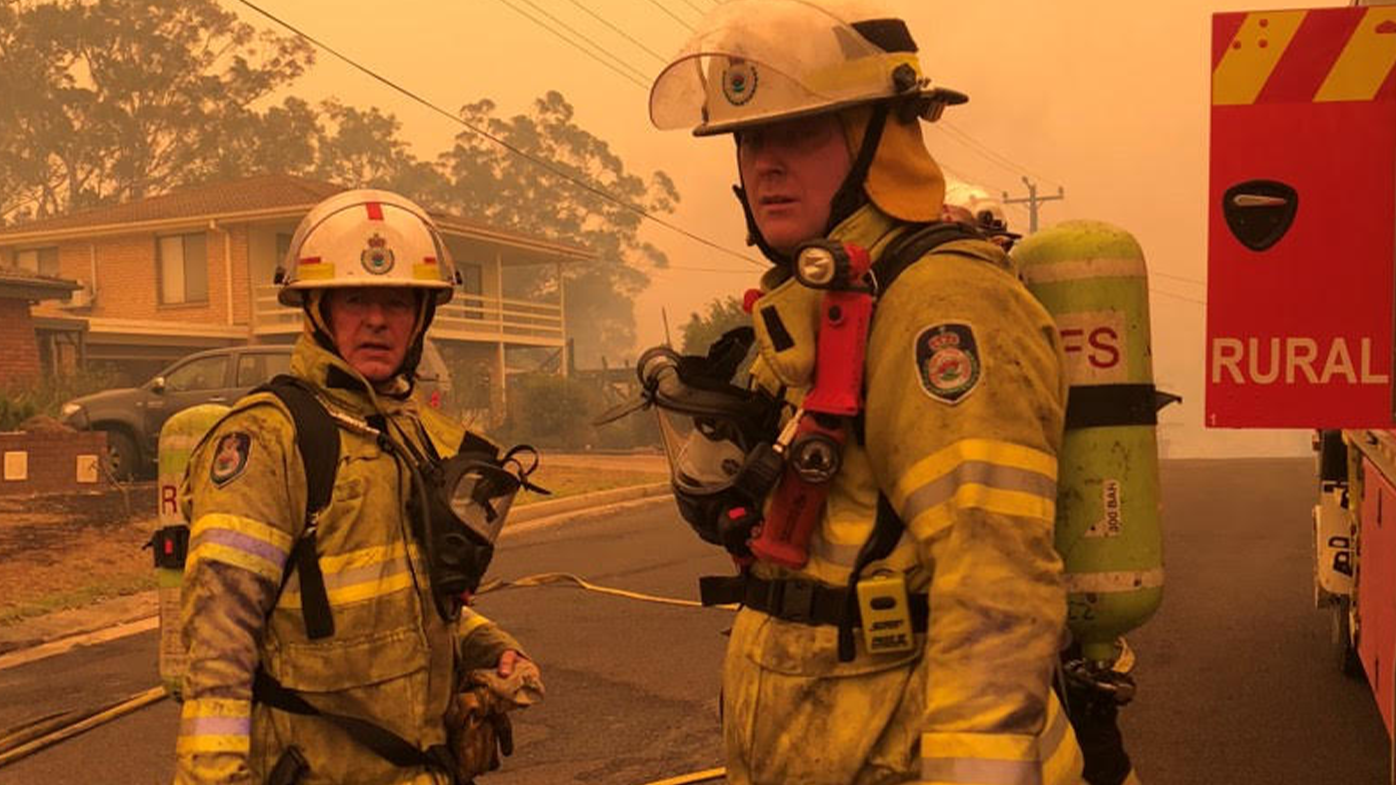
'A fire season that lasted half a year'
For the past two decades Mullins said fire seasons have progressively gotten longer, but Black Summer was a "doozy"; a fire season that lasted half a year.
After experiencing firsthand the extreme conditions at midnight he knew things would never be the same.
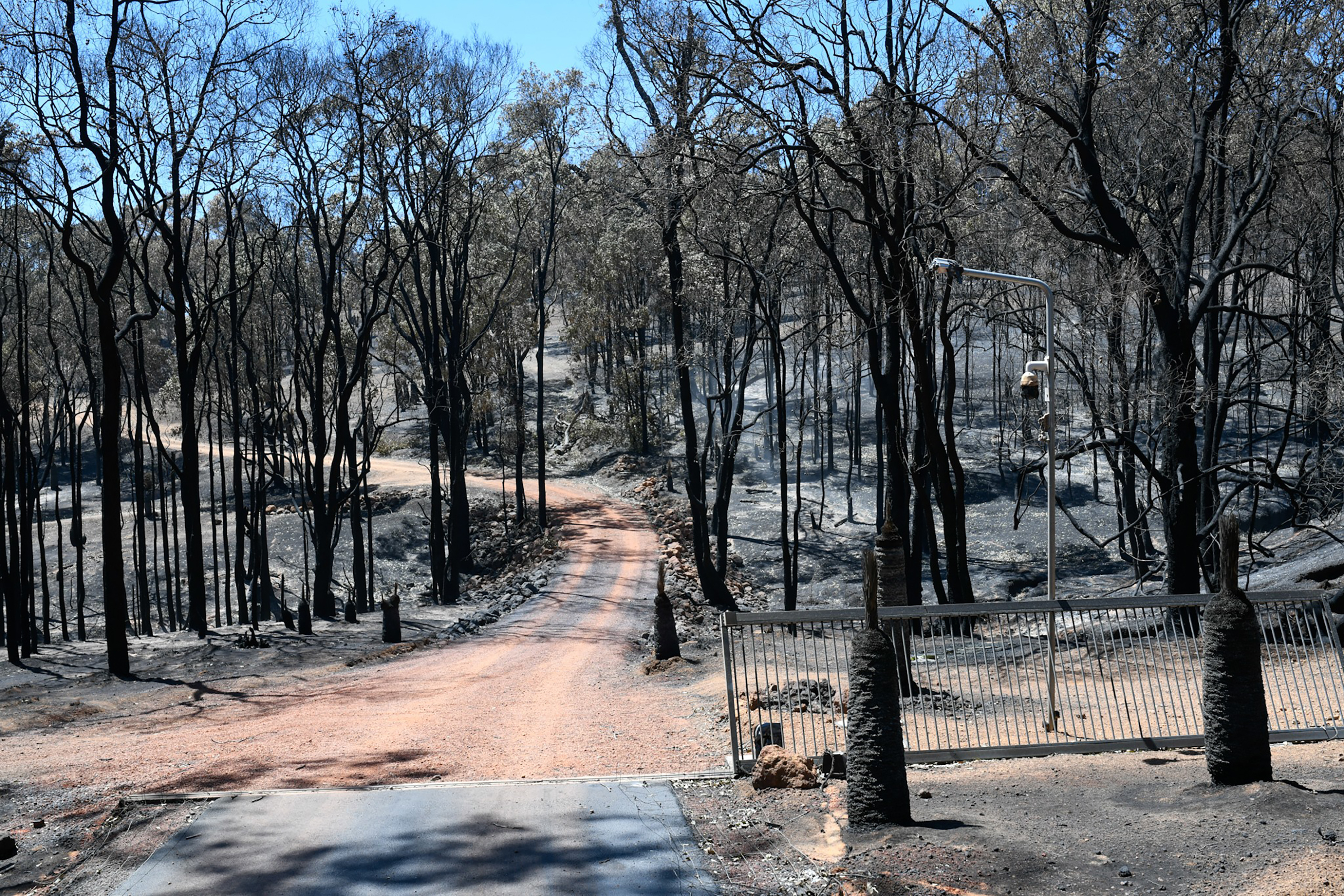
"I don't think, I know, there will be another Black Summer," he said, referring to a study by climate scientists Sanderson and Fisher.
"They say on the current trajectory that by 2040, the summer of 2019, which was the hottest driest ever, will be an average year.
"It's inevitable. It's been reaching a crescendo since the 1994 fires".
READ MORE: NSW RFS warns repeat of 'catastrophic season' coming soon
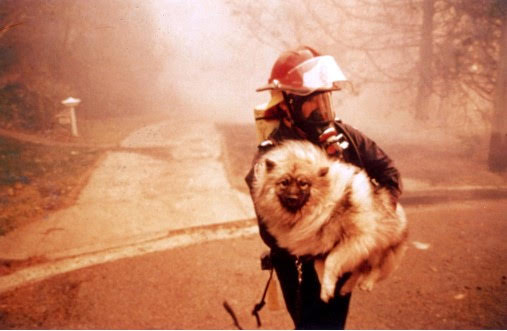
According to Mullins, there is one thing that can help mitigate the risk of more Black Summers - cutting emissions.
"It's the only mitigation that will make a long term difference," he said, explaining hazard reduction burning doesn't slow fires down in extreme conditions, and hotter, drier weather, or heavy rain, limit opportunities to do enough burning.
"We can get more firefighting aircraft but they can't fly on the windiest most catastrophic days.
"We must, globally, start to drastically reduce emissions so we've got a chance of stabilising by 2050."
READ MORE: What countries produce the most greenhouse gas emissions?
This was echoed by the Bushfire Royal Commission report which warned the federal government that the country must prepare for the consequences of a warming climate.
"Warming beyond the next 20 to 30 years is largely dependent on the trajectory of greenhouse gas emissions," the report noted.
"As the events of the 2019-2020 bushfire season show, what was unprecedented is now our future."
But Mullins is feeling hopeful after the federal election saw Labor leader Anthony Albanese elected as the 31st prime minister of Australia.
"There's real scope now for the Labor government to consult widely with the business community, unions, Teal Independents, Greens and Liberal National Coalition to gradually ratchet up its 2030 target, so that we can actually reach net zero by 2050 or before," he said.
"It's a good start.
"We're a rich country with the smarts.
"We're heavy hitters on the world stage with moral clout as long as we continue to do the right thing."
Have a story? Contact Raffaella Ciccarelli at rciccarelli@nine.com.au.
Source: https://ift.tt/A3gNHEB
Comments
Post a Comment